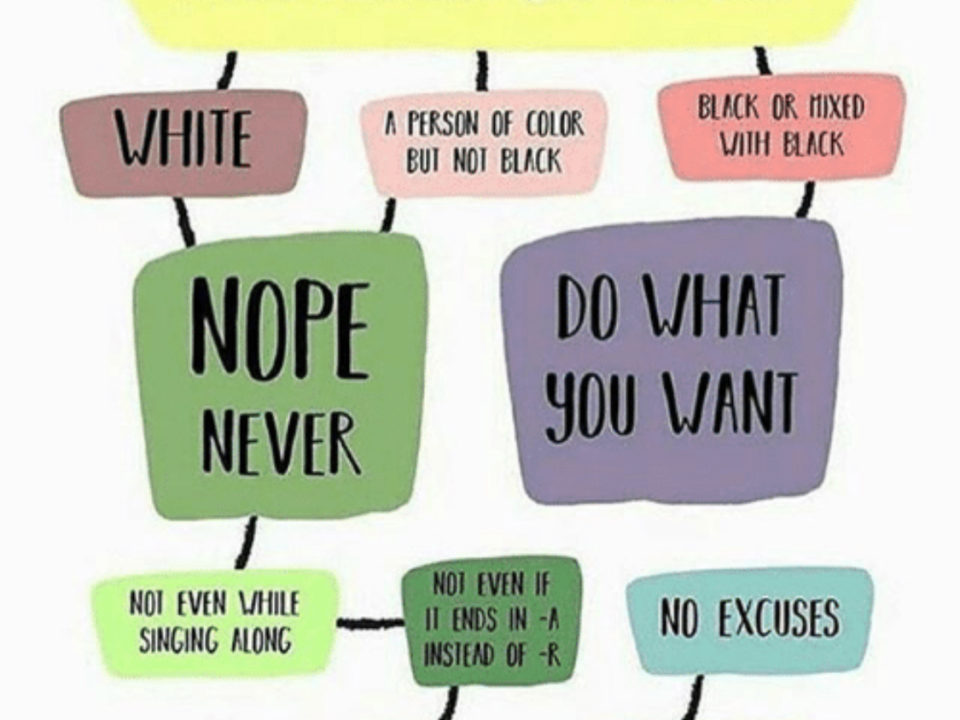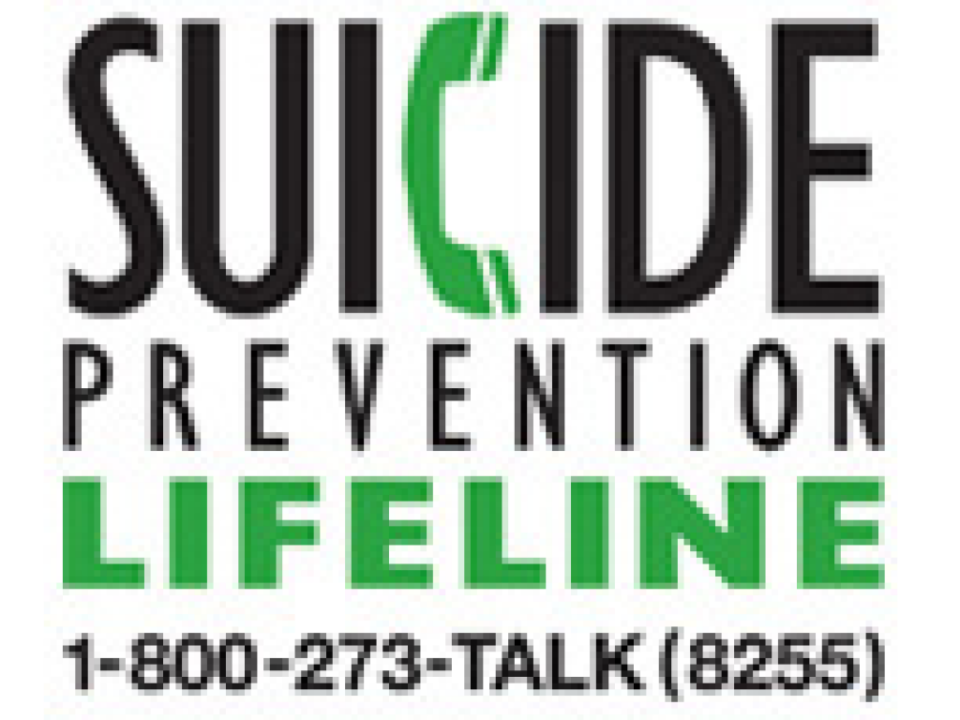Suicide is such a difficult topic to talk about. It's scary and it's taboo and all of us hope we never know anyone who does it. That said, suicidal thoughts are very common. So, hopefully the answer to this question I received might be helpful to more than just a few.
QUESTION:
Hey, I need help. The school just sent my 13 year-old daughter home from school with thoughts of suicide. I don’t know how to handle this.
ANSWER:
Well, first things first, take a deep breath. Learning for the first time that your child is having thoughts of suicide is quite possibly one of the scariest thing that can happen to a parent.
Suicidal thoughts are actually not uncommon. Every year, suicide claims the lives of more than 800,000 people worldwide and about 32,000 people in the United States alone. Suicide is the third leading cause of death for young people 15 to 24 years old, and more than 4,000 youth die by suicide each year. Many more than those 4000 consider suicide, make plans to kill themselves, or attempt.
The problem is that it is such a taboo topic, everyone is afraid to talk about it. And you guessed it, not talking about it increases the chance that thoughts will turn into actions leaving family and friends in a devastated, bewildered place. So, thankfully, now you know that she is having thoughts of suicide. And thankfully, you reached out for help rather than sweeping it under the rug where all other scary things go.
The short answer to your question about what to do, is get her evaluated by a professional immediately. And by immediately, I mean the same day you learn of the suicidal thoughts. There are certain factors that increase the chance that suicidal thoughts will turn into suicidal actions, and we need to know which, if any, of those factors exist for your child. I will list some of the things we want to know, and certainly encourage you to have a talk with her – but you have to get her to a professional immediately because you don’t want to put yourself in the position of making a life and death decision without being properly trained to do so. We want to know:
- Is this the first time she has thought of suicide?
- How long has she been thinking about suicide?
- Has she ever tried suicide before?
- What does she think is causing her to have these feelings?
- Does she have any friends who have attempted suicide?
- Is she being bullied?
- Does she feel supported at home and school?
- Does she drink alcohol or use any other drugs? If so, when is the last time she used?
- Is she having any conflict about her sexuality?
- On a scale of 1-10 with 1 being not at all and 10 being definitely will, how likely is she to try suicide today?
The answers to these questions can be scary. And it’s ok if you don’t feel comfortable asking all of them, or if she doesn’t feel comfortable answering all of them. Again, I emphasize here the importance of the immediate professional evaluation because that person will feel comfortable asking, and most often, adolescents will open up and say what is going on with them.
The good news is that suicide can be preventable, and you have taken the first step.
Hope this helps,
Brainiac, M.D.




